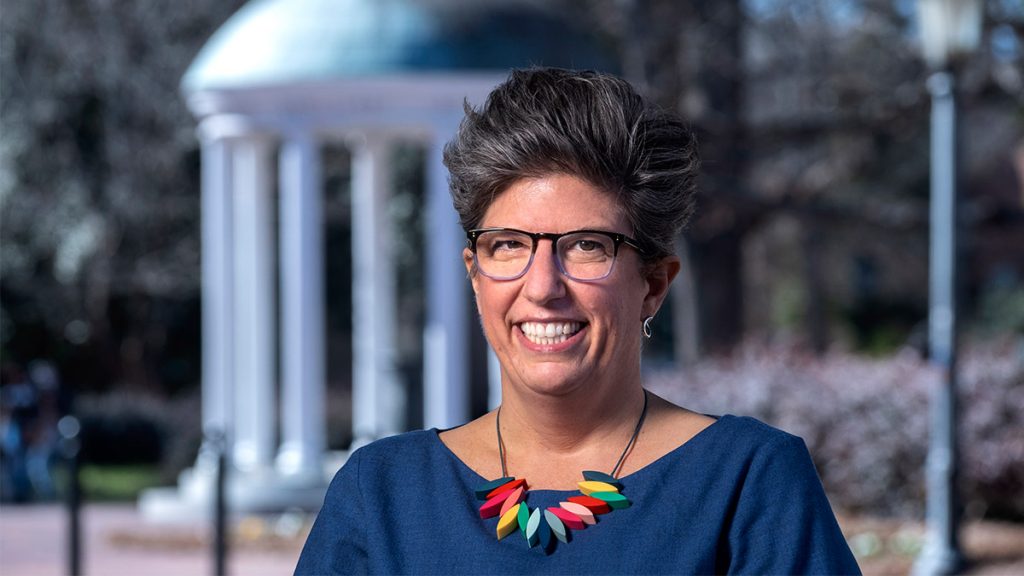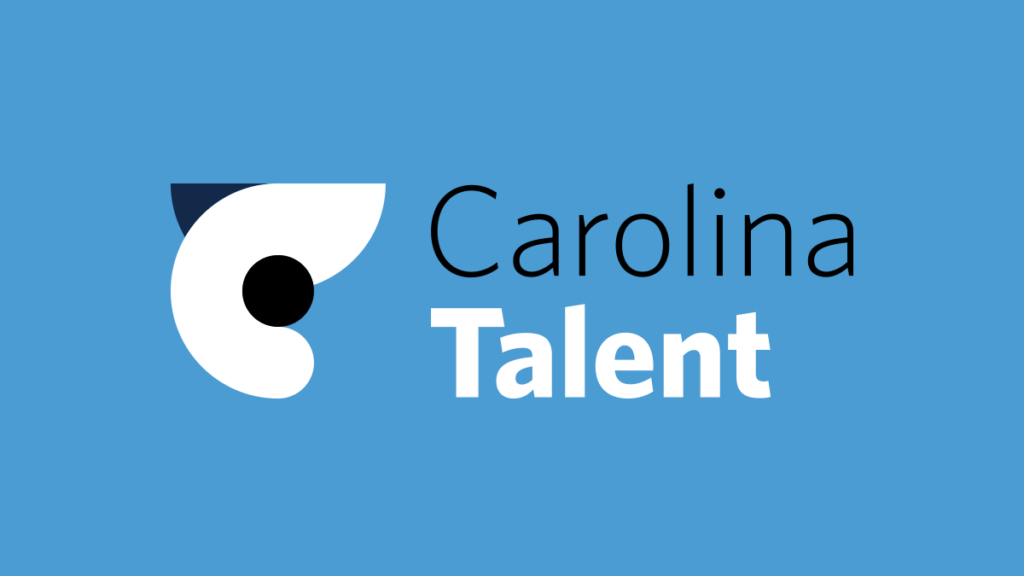Enable Career Development
Enable Career Development
Environmental Scan
Our greatest asset as a University is our people. Developing our people must be at the heart of what we do as an organization, particularly in a post–pandemic world. We strive to foster professional development and growth opportunities for our students, staff, faculty, and alumni, and to create a culture where all feel welcome and included, embrace the mission of the University, and make meaningful contributions to their communities and beyond.
Career exploration, internships and work experiences for undergraduate, professional and graduate students must begin much earlier than for previous generations of students. As employers’ expectations of career readiness rise, students are expected to pursue, and universities are expected to provide, more professional development support and experiences. Ensuring equitable opportunities for all students to prepare for productive careers in the fields to which they aspire and promoting income mobility for graduates from lower-income backgrounds is especially important, perhaps now more than ever.
The University seeks to better prepare students for success beyond Carolina by ensuring that they are equipped with the skills to adapt within a rapidly changing global economy and workplace landscape. Our work on behalf of students must be student-centered, concerted, integrated, intentional and focused across the University to improve and modernize student support. Students at Carolina – undergraduate, professional, and graduate – currently navigate a maze of decentralized offices to obtain basic services to support their path to graduation and career preparation. Although skilled and caring professionals are deployed across campus to support students, efforts are not centrally organized or delivered in a way that effectively supports students and aids employers.
We must also help our faculty and staff reach their full potential. Over the last several years, large and small employers have established many new facilities and industries across the region that inevitably will compete with Carolina for top faculty and staff talent. While the current pandemic has softened the external job market, we must improve our operational efficiencies to create a smarter working environment and foster staff development for the evolving University workforce to recruit, develop and retain the very best.
Likewise, we must evaluate how changes to our work as a result of the pandemic can inform both our training content and the ways we deliver ongoing career development to University faculty and staff. Professional staff development must be purposeful, accessible, delivered via multiple platforms and modalities, monitored and tracked, aligned with day-to-day work and performance evaluations, and strategically designed to foster career growth and development of staff. Professional development and training opportunities are viewed as coveted benefits within the workplace, particularly among millennials (who constitute an increasing proportion of the workforce) and is a strong driver of retention of key talent. Investing in professional development for all employees at all levels of the University sends a message that individuals and their contributions are valued. It is imperative that we create the opportunities for employee development, processes that support employees taking increased ownership of their development, and managers creating a culture of inclusion, engagement and ongoing guidance. This seems even more urgent after several months spent working remotely and as our workforce more broadly is reconsidering what is important to them in terms of work–life balance.
Similarly, it is increasingly more difficult and expensive to attract, develop and retain the best faculty. High start-up costs and the significant time and effort required to develop faculty capacity makes faculty retention a top priority. It is important to assist faculty in reaching their full potential through improved and consistently applied annual reviews and career development planning, as well as mentoring. Awarding tenure is essential to maintain a stable, high-quality professional faculty. Consequently, the criteria used to confer tenure must be current, clear and applied consistently. At the same time, changes affecting all universities have resulted in an increasing number of fixed-term faculty positions. In the health science schools, clinical, research and teaching faculty play an increasingly crucial role in faculty life. The tenure-track and fixed-term faculty experiences, privileges and rewards must be re-evaluated and harmonized.
Concurrently, the University is a resource to the people of North Carolina and, to that end, aspires to educate the workforce needed by the state today and into the future. Encouraging learners to use their talents and education to address challenges faced by our population creates meaningful work for our graduates and contributes to North Carolina’s overall prosperity and well-being. In the spirit of lifelong learning, we must also help our students after they graduate. We must provide them with the knowledge and skills needed to grow, adapt and thrive in an evolving world.
Strategic Objectives and Opportunities
Objective 3.1
Integrate career preparation into all students’ experiences and extend career development opportunities to alumni.
Strategic Opportunities
- Adopt Modernizing Student Support recommendations for student career preparation, i.e., develop more efficient and integrated partnerships between and across units, such as between the College of Arts & Sciences Advising and University Career Services, to optimize all aspects of student navigation from matriculation to graduation.
- Develop digital offerings in lifelong learning to advance careers of alumni.
Objective 3.2
Provide University staff with systematic professional development options, enabling them to grow career opportunities.
Strategic Opportunities
- Recruit and retain top talent at all levels of staff employment.
- Implement the Talent Management System proposal from Office of Human Resources.
- Develop digital lifelong learning programs and other professional development opportunities to facilitate career advancement for staff.
- Encourage and promote work-life balance for staff.
Objective 3.3
Create opportunities to develop the careers of faculty and address the changing conditions affecting the professoriate.
Strategic Opportunities
- Recruit and retain top talent among the faculty ranks.
- Create leadership pathways and mentoring for our underrepresented faculty who aspire to assume leadership roles on campus or within higher education.
- Promote and integrate the Center for Faculty Excellence and Carolina Office for Lifelong Learning for course development and teaching strategies, and coordinate with Office of Human Resources and Academic Personnel Office to provide more management training opportunities for faculty.
- Assess the effectiveness of, and update or change, the policies and practices associated with both tenure-track and fixed-term promotion and tenure.
- Encourage and promote work-life balance for faculty.
Co-Captains
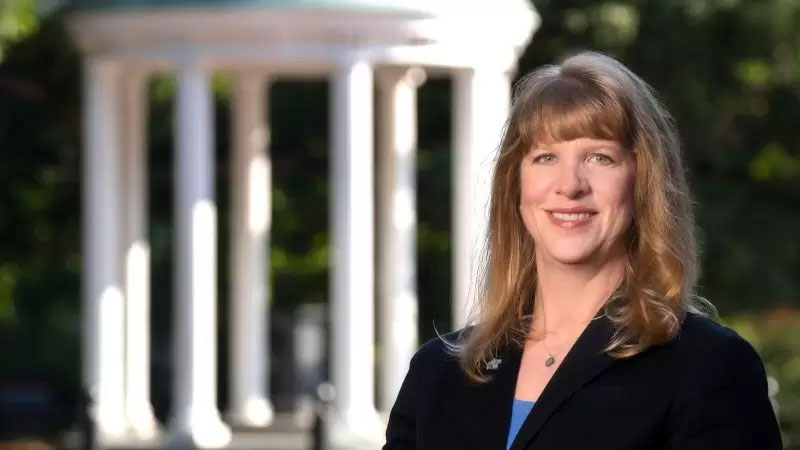
Vice Chancellor for Student Affairs
Amy Johnson became the University of North Carolina at Chapel Hill’s vice chancellor for student affairs Aug. 3, 2020. Johnson has more than two decades of progressive leadership experience in higher education administration and student affairs. A dynamic, energetic and compassionate higher education administrator, Johnson is actively engaged with best practices as well as scholarship in student affairs as a national thought leader. She is a seasoned faculty member in higher education administration and has a passion for connecting students’ academic and co-curricular learning experiences. A values-driven, yet practical problem solver, Johnson has led numerous initiatives that focus on student mental health and wellness, strengthening community, access and student success, and equity, diversity and inclusion.
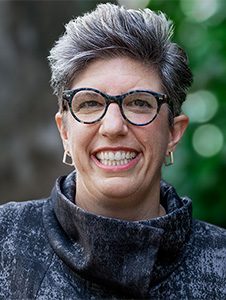
Vice Chancellor for Human Resources and Equal Opportunity and Compliance
Becci Menghini, EdD, is the vice chancellor for Human Resources and Equal Opportunity and Compliance at the University of North Carolina at Chapel Hill. In her role, Becci directs the Offices of Human Resources and Equal Opportunity and Compliance. She also oversees the divisional business office and communications team and the Human Resources information management team.
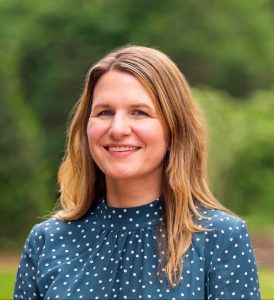
Chief of Staff and Executive Director of Strategy, Policy, and Special Projects, Human Resources and Equal Opportunity and Compliance
As Chief of Staff and Executive Director of Strategy, Policy, and Special Projects for Human Resources and Equal Opportunity and Compliance, Katie supports the work of the Vice Chancellor and leadership team of the division, providing strategic leadership and management of division-wide and interdivisional projects.


